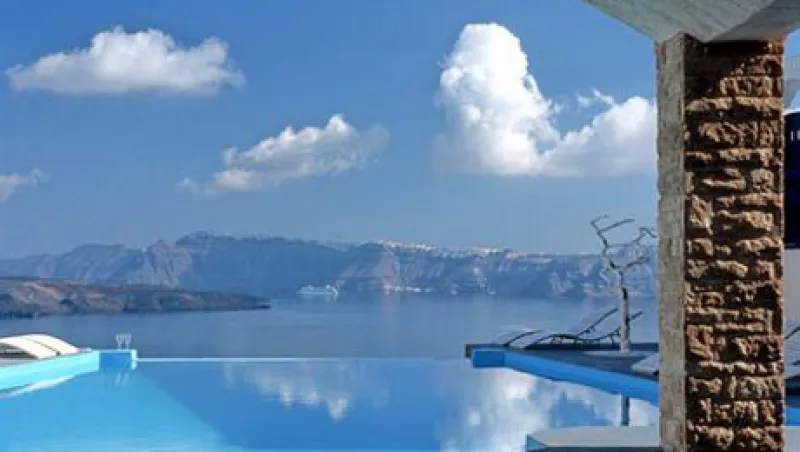Perhaps you’ve noticed something a bit odd lately in Europe... that even the most financially challenged countries seem to have large sovereign wealth funds. Consider this:
- Portugal has the Social Security Financial Stabilisation Fund;
- Ireland has the National Pension Reserve Fund;
- Italy has the Strategic Investment Fund;
- Greece... yes, Greece ... has the Hellenic Republic Asset Development Fund; and
- Spain has the Social Security Reserve Fund.
(Cue confused look and bewildered mutterings.)
How’s that even possible, you ask? There's talk about a break-up of the Euro as a result of fiscal profligacy... and these countries are sitting on big pools of capital in the form of sovereign funds? Say what?
Yeah, those are some fair questions – and I’ve found myself answering these more than once over the past few months. So let’s talk this through.
These funds exist to help the sponsoring governments mobilize and maximize their (meager) state assets in order to meet their (monstrous) state liabilities.
The pension reserve funds were set up to try to use the 'power of finance and compounding' to take some short-term surpluses to meet long-term unfunded pension obligations. It's a neat idea, which hasn't played out as hoped. For example, Ireland used its fund to bailout Irish banks, Portugal has tapped its Fund to the tune of €6 billion to meet its fiscal obligations, and Spain has used its Reserve Fund to prop up its bond market. You get the idea.
As for Greece and Italy (and Slovenia and France), these funds are more akin to holding companies whose job it is to extract the maximum economic value possible from the array of state assets. For a bit more understanding, let’s take a closer look at Greece's HRADFL:
“The sole mission of the Hellenic Republic Asset Development Fund’s (HRADF) is to maximize the value to the Hellenic Republic from the development and/or sale of assets.”
“The assets transferred to the Fund can be grouped in three categories: real estate; company shares and rights.”
“The Fund is not a public entity and is governed by private law.”
“The Fund is governed by its Board of Directors. The General Assembly is not empowered to adopt any decision on privatizations. Two observers have also been appointed to the Board; one from the Eurozone and one from the European Commission.”
“The Board has the absolute authority on privatisation decisions. The CEO is fully responsible for the operation of the Fund and introduces the privatisations to the Board of Directors for decision making.”
“The Fund is staffed with seasoned professionals from the banking, consulting and legal sectors assisted by a Council of Experts and employs experienced international advisors for each project. It has state of the art project management systems and a very flat organizational structure to facilitate speedy decision making.”
In short, this fund is an attempt to professionalize, commercialize and indeed monetize state assets with a view to transforming the ‘state-run economy’ into something resembling an efficient market. In short, the HRADFL isn't a sovereign wealth fund... it's a 'sovereign asset-management fund'.






